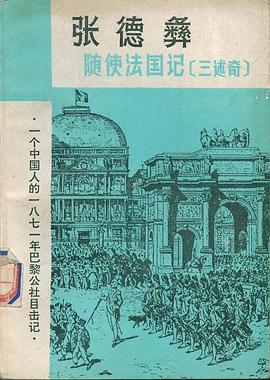

具體描述
Wilbur Roy Jackett, born in a small town in Saskatchewan in 1914, is inextricably connected to some of the most important developments in Canadian legal history. As a scholar, public servant, and jurist, he was a leading figure in Canadian law, serving during the governments of Mackenzie King, St Laurent, Pearson, Diefenbaker, Trudeau, and Clark. After graduating from the University of Saskatchewan's College of Law, Jackett was chosen as a Rhodes Scholar. He returned to Canada from Oxford not long before the outbreak of World War II and joined the ten-man Department of Justice as a junior lawyer. Through extraordinary hard work, rigorous legal analysis, and a bent for organisation, he eventually became Canada's eighth deputy minister of Justice. He left this position after three years to become general counsel for the Canadian Pacific Railway and was later appointed president of the Exchequer Court of Canada. He quickly revamped the level of service provided by the court to the legal profession and the public and was instrumental in both the creation of the Canadian Judicial Council and the design and creation of the new Federal Court of Canada. As the first chief justice of the Federal Court, he led the new court by example, moulding it into the most efficient and effective court in the country, despite opposition from provincial superior courts and the Supreme Court of Canada. After fifteen years on the Bench he retired in 1979 at the height of his judicial career, believing that this would help the Court develop. He continued to work in relative obscurity at what he loved best - solving legal problems - but never again appeared before the courts. Richard W. Pound is a senior partner at Stikeman, Elliott, chancellor of McGill University, and a member of the International Olympic Committee.
著者簡介
圖書目錄
讀後感
評分
評分
評分
評分
用戶評價
相關圖書
本站所有內容均為互聯網搜索引擎提供的公開搜索信息,本站不存儲任何數據與內容,任何內容與數據均與本站無關,如有需要請聯繫相關搜索引擎包括但不限於百度,google,bing,sogou 等
© 2025 book.quotespace.org All Rights Reserved. 小美書屋 版权所有




















